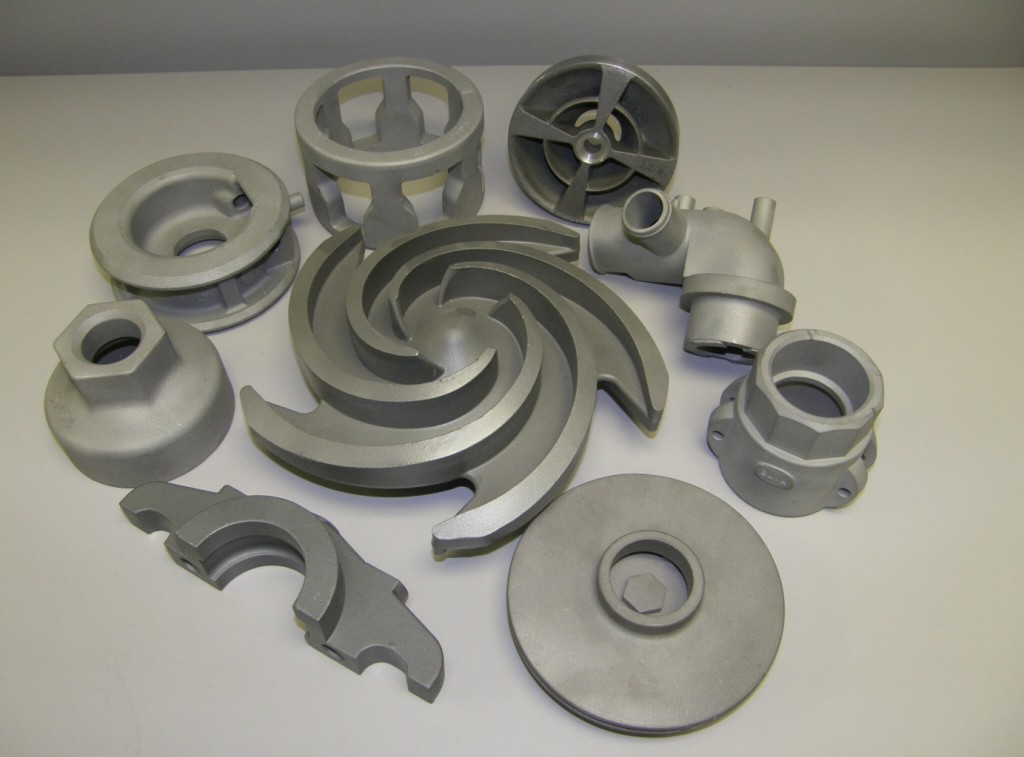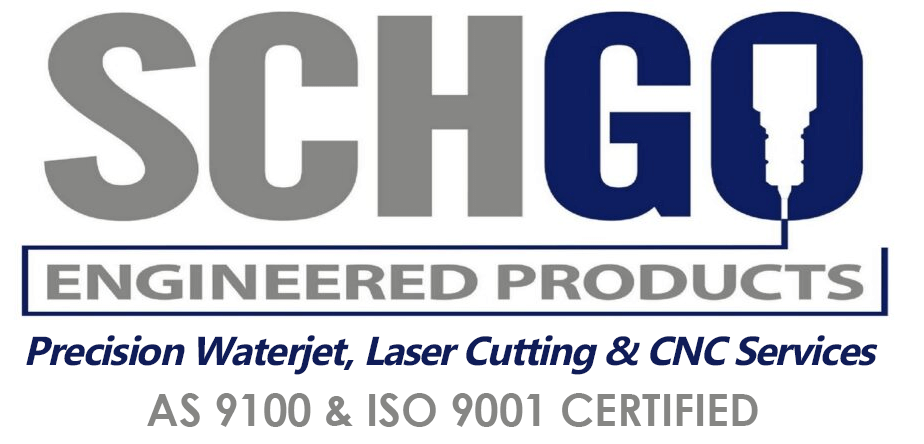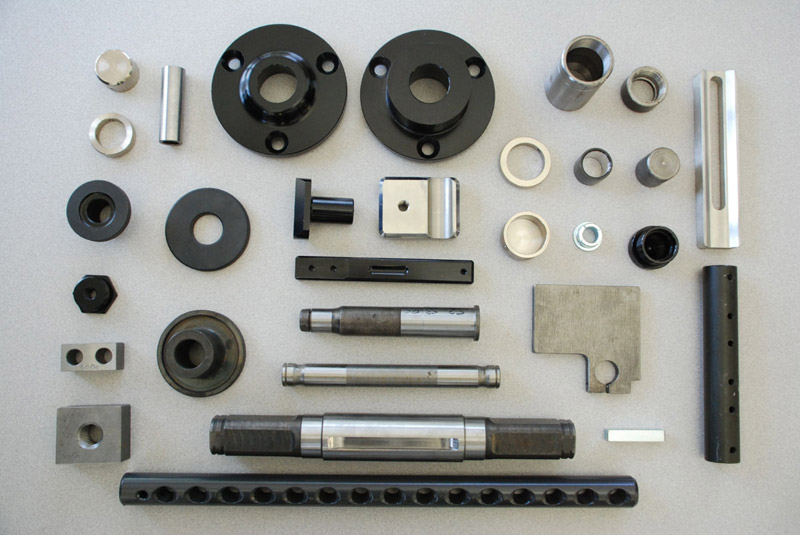Welcome to SchGo’s guide to material selection strategies for precision engineering projects. Choosing the right material is a crucial decision that can significantly impact the success of your project. Whether you’re designing a new component or selecting materials for a manufacturing process, understanding the factors that influence material selection is essential.
Understanding Material Selection: Material selection is a complex process that involves evaluating various factors to determine the most suitable material for a given application. Factors such as mechanical properties, thermal properties, chemical resistance, and environmental factors must be carefully considered to ensure the desired performance and longevity of the final product.
Key Considerations for Material Selection:

- Mechanical Properties: The mechanical properties of a material, including strength, stiffness, and toughness, play a critical role in determining its suitability for a specific application. Consider the mechanical requirements of your project, such as load-bearing capacity, impact resistance, and fatigue strength, and select a material that meets or exceeds these requirements.
- Durability and Longevity: Durability is another essential factor to consider when selecting materials for precision engineering projects. Evaluate the material’s resistance to wear, corrosion, and degradation over time, especially in harsh operating environments. Choose materials that offer long-term durability and reliability to ensure the longevity of your components.
- Cost-Effectiveness: Cost is always a consideration in engineering projects, and material selection is no exception. Evaluate the cost of materials relative to their performance and suitability for your application. Consider factors such as material availability, processing costs, and lifecycle costs to determine the most cost-effective option without compromising quality or performance.
- Environmental Impact: In today’s environmentally conscious world, sustainability and environmental impact are increasingly important considerations in material selection. Evaluate the environmental footprint of different materials, including factors such as recyclability, energy consumption, and emissions. Choose materials that minimize environmental impact while still meeting performance requirements.
Strategies for Informed Decision-Making: Now that we’ve explored the key considerations for material selection, let’s discuss some strategies for making informed decisions:
- Conduct thorough research on available materials, their properties, and their suitability for your application.
- Consult with material suppliers, engineers, and industry experts to gather insights and recommendations.
- Perform material testing and prototyping to evaluate performance and suitability before finalizing your selection.
- Consider alternative materials and innovative solutions to optimize performance, reduce costs, and minimize environmental impact.

Choosing the right material is a critical step in the success of any precision engineering project. By understanding the key considerations and implementing informed decision-making strategies, you can select materials that meet the performance requirements of your project while balancing factors such as strength, durability, cost-effectiveness, and environmental impact. At SchGo Engineered Products, we’re committed to helping you navigate the complexities of material selection and achieve excellence in your precision engineering endeavors.




